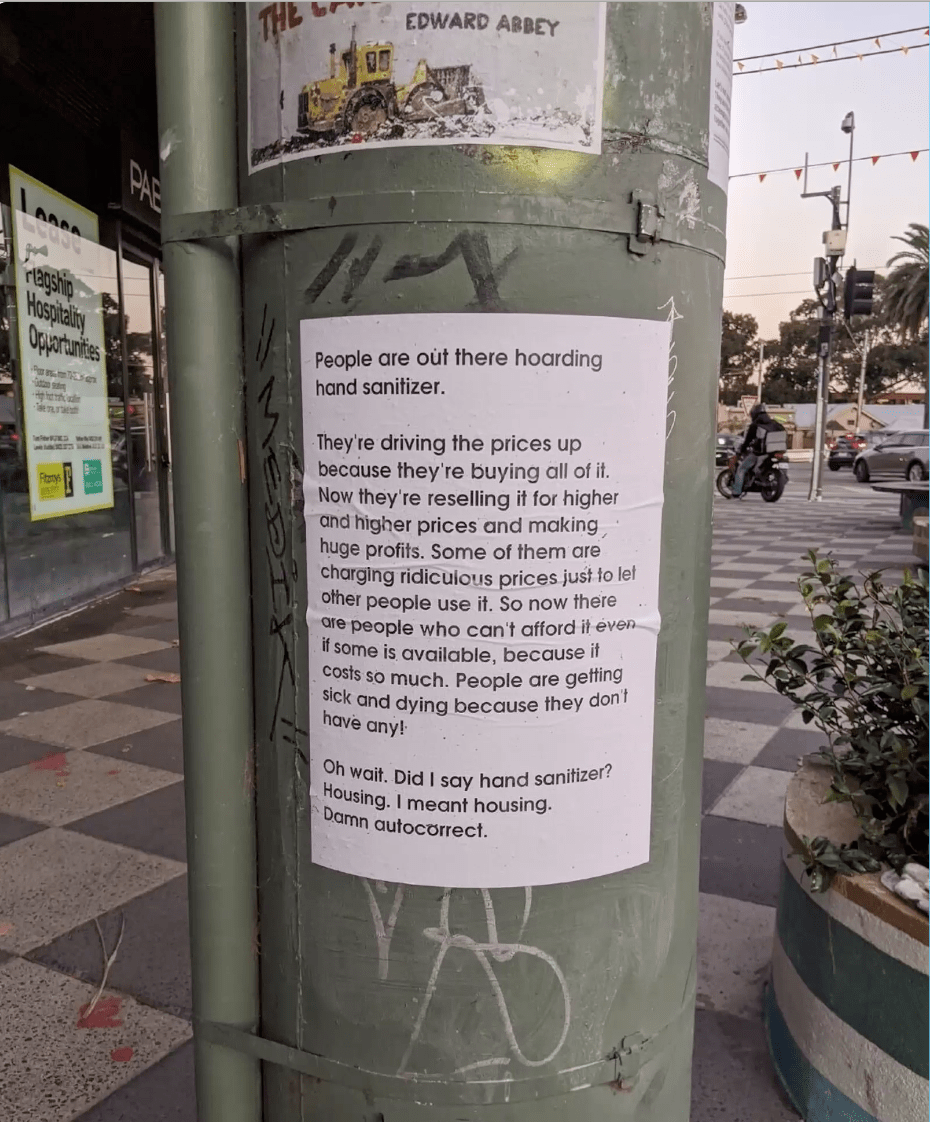
15 September 2020
Converging Crises and Silver Linings: The Housing Crisis, COVID-19 and Municipal Housing Responses
Urban Matters hosts first in webinar series in response to Covid-19
With the outbreak of the coronavirus, British Columbia’s housing crisis was thrust into the spotlight: communities scrambled to find safe ways to shelter the homeless. Tenants — many of whom already lived close to the poverty line — worried about coming up with rent money in the face of massive layoffs and reduced hours. Homeowners and landlords, already highly leveraged in the province’s cutthroat housing market, wondered if they’d be able to make their mortgage payments.
But, as Urban Matters’ Matt Thomson points out in the first in our series of webinars in response to the pandemic, the province’s housing crisis is hardly new: “It’s been ongoing for at least five years, and longer for certain populations.” Since 2014–15, he notes, home prices across BC have spiked, along with construction and land costs, all of which have outpaced income growth since at least the beginning of the century. Vacancy rates are at historic lows, and disruptive technologies like AirBnb have further decreased rental stock. All of these developments come in the wake of the federal government’s divestment in affordable housing starting in the 1980s and 90s.
Thomson, an expert in the area of community housing at UM, facilitated two discussions of these issues with a small group of municipal and local planners from communities across the province, including Gibsons, Delta, Burnaby, Langley, Chilliwack, Kelowna, Surrey, Nelson, White Rock, Squamish and the qathet Regional District.
Municipalities, notes Thomson, are often at the forefront of leadership and response to crises, in part because they see the direct impact on their communities, understand what resources are immediately available in those communities, and can pivot more quickly than provincial and federal policymakers.
That said, provincial and federal governments are positioned to act, and in potentially radical ways. What might recovery look like in terms of housing strategy in Canada? Thomson speculates that federal stimulus funds will continue into 2021, with a focus on critical infrastructure, including housing. The government, he notes, is already positioning the CMHC as an agency with the experience and infrastructure to manage and deliver economic development recovery funds.
Covid-19, he says, didn’t precipitate the housing crisis: “Rather, it’s highlighted the cracks that were already in the system, showing how vulnerable it is.”
The silver lining, he says, is that governments at all levels have been galvanized by the crisis to reinvest in affordable housing strategies.
“This moment of acute crisis is a catalyst, where systems are highly looking for solutions and open to change. So, we may actually see some very positive change, some long-term solutions out of the immediate need. Governments are open to innovation.”
Stay tuned for information regarding the next webinar in our series hosted by Jen Casorso and Sarah Ravlic: ‘A Pandemic is a terrible opportunity to waste: Government leadership in supporting the community serving sector.




